MEPs who won seats in last month's EU parliamentary elections will hold their first session on July 16-18 in Strasbourg, France. And the first thing they will have to do is vote for the top leadership positions of the 27-nation bloc.
The European Parliament (EP) elections in June saw a sharp shift to the right. With a surge in support, the far-right is now seeking greater influence in the new EU parliament.
Hungarian Prime Minister Viktor Orban upset his EU counterparts when he visited Russia and China earlier this month. Mr Orban was due to address parliament, but his speech was postponed, citing the EP’s busy voting schedule.
Vote for leadership
First, on 16 July, lawmakers will vote in secret to elect the President of the European Parliament (EP) for the next two and a half years (i.e. half of the legislative term). To be elected, a candidate must win an absolute majority of valid votes, i.e. more than 50%.
The previous EP president, Roberta Metsola, a 45-year-old Maltese conservative politician, is expected to win another two-and-a-half-year term.
Next, on 16-17 July, MEPs will elect the remaining members of the Parliamentary Bureau: 14 Vice-Presidents and 5 staff members.
However, all eyes will be on the vote on July 18, which will decide the political future of Ursula von der Leyen, the previous president of the European Commission and now seeking a second five-year term.
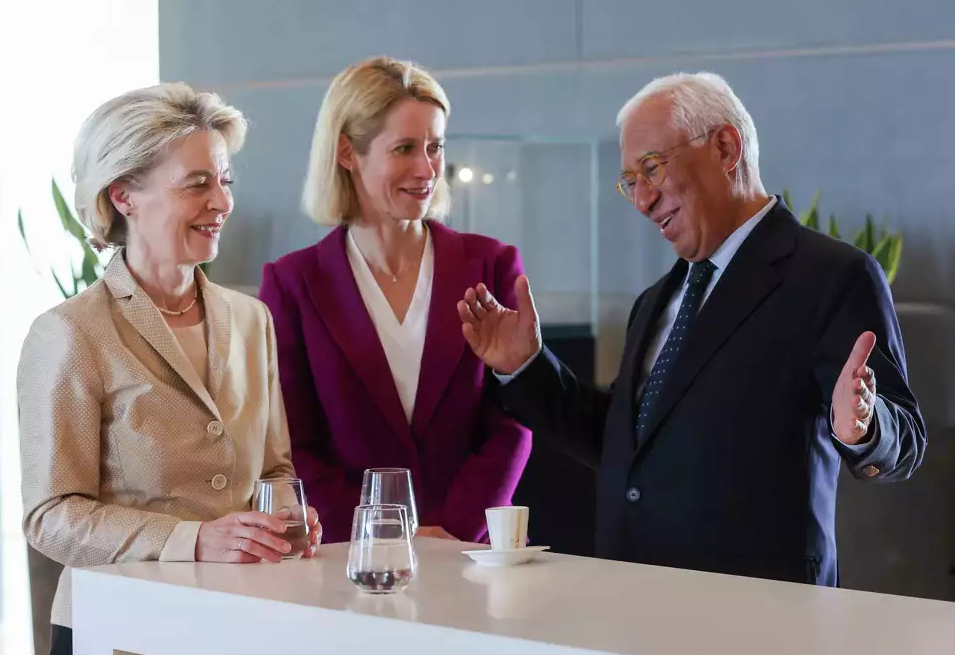
From left: Ms. von der Leyen, Ms. Kaja Kallas and Mr. Antonio Costa, in Brussels, June 28, 2024. The three veteran European politicians are nominated for the positions of President of the European Commission, High Representative for Foreign Affairs and Security Policy of the EU, and President of the European Council. These nominations must all be put to a vote in the new European Parliament (EP). Photo: AP
As the Russia-Ukraine conflict rages in the heart of Europe, the EU faces a number of challenges, including a sluggish economy and growing global instability, which EU leaders will have to confront and navigate once they are elected.
Since EU leaders reached an agreement to nominate von der Leyen for the bloc's top job in late June, the German politician has struggled to win the support of lawmakers across mainstream political blocs.
This time around, it could be another close vote for Ms von der Leyen. In the last vote five years ago, she only got nine more votes than the minimum needed to win (361 votes out of 720 MEPs).
“She needs to be careful to get the support of different groups in the European Parliament,” said analyst Elizabeth Kuiper, deputy director of the European Policy Center.
While some lawmakers do not want the EU to stray from its focus on cutting carbon emissions to tackle climate change, others want to reduce the number of new environmental regulations.
Ms von der Leyen needs to please both groups if she wants to win their support for her re-election bid.
Nothing is certain yet.
June's EU parliamentary elections saw the centrist ruling coalition, made up of the conservative European People's Party (EPP), Socialists, Democrats and liberals, remain the largest political bloc.
Theoretically, Ms von der Leyen could win enough support to meet the 361-vote threshold as her EPP is the largest political group in the EP, with 188 seats, plus votes from the EPP's coalition partners.
However, some MEPs have said they may vote against Ms von der Leyen in the upcoming secret ballot for the leadership.
Apart from the votes, what is notable in the new European Parliament is the "formidable" influence of the far-right.
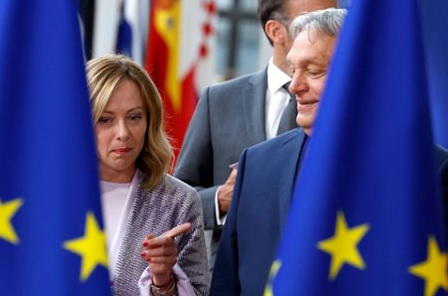
Italian Prime Minister Giorgia Meloni and Hungarian Prime Minister Viktor Orban at a conference at the European Union headquarters in Brussels, Belgium, June 27, 2024. Photo: AP
The new parliament will also elect 14 Vice Presidents and its political structure is more complex than ever, with two far-right groups holding more seats than before.
The European Conservatives and Reformists (ECR), with Italian Prime Minister Giorgia Meloni's Fratelli d'Italia (FdI) at its core, already has one EP Vice President, but they now want two more.
A new group called Patriots for Europe – founded by Hungarian Prime Minister Orban and including France's far-right National Rally (NR) – is now the third-largest faction in the new parliament, and is also vying for two vice-presidential positions.
The new group has been met with fierce criticism from the centrist coalition. “We don’t want these MEPs to represent the organisation,” said EPP spokesman Pedro Lopez de Pablo.
The spokesman also added that there were talks to prevent the far right from gaining prominent leadership positions, including on parliamentary committees.
Patriots for Europe spokesman Alonso de Mendoza argued that the measures used by mainstream political parties to block the far-right were "undemocratic".
“The situation is still evolving,” said analyst Kuiper of the European Policy Center.
Minh Duc (According to Digital Journal, Politico EU, Europarl News)
Source: https://www.nguoiduatin.vn/noi-cac-vi-tri-lanh-dao-eu-5-nam-toi-se-duoc-quyet-dinh-204240716120707317.htm


![[Photo] Prime Minister Pham Minh Chinh receives CEO of Standard Chartered Group](https://vstatic.vietnam.vn/vietnam/resource/IMAGE/2025/4/2/125507ba412d4ebfb091fa7ddb936b3b)


![[Photo] Special relics at the Vietnam Military History Museum associated with the heroic April 30th](https://vstatic.vietnam.vn/vietnam/resource/IMAGE/2025/4/3/a49d65b17b804e398de42bc2caba8368)
![[Photo] Prime Minister Pham Minh Chinh receives Deputy Prime Minister of the Republic of Belarus Anatoly Sivak](https://vstatic.vietnam.vn/vietnam/resource/IMAGE/2025/4/2/79cdb685820a45868602e2fa576977a0)
![[Photo] Comrade Khamtay Siphandone - a leader who contributed to fostering Vietnam-Laos relations](https://vstatic.vietnam.vn/vietnam/resource/IMAGE/2025/4/3/3d83ed2d26e2426fabd41862661dfff2)



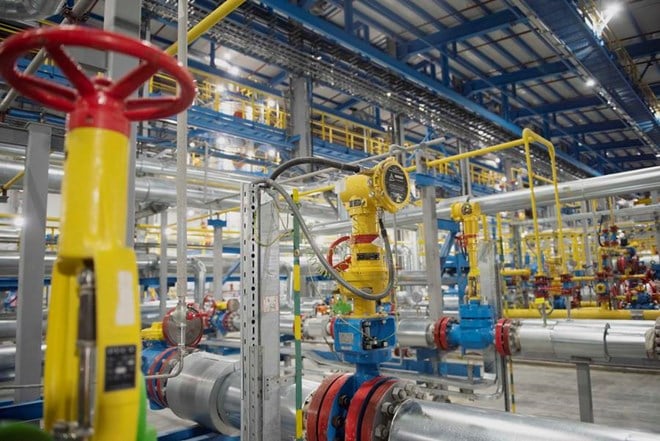





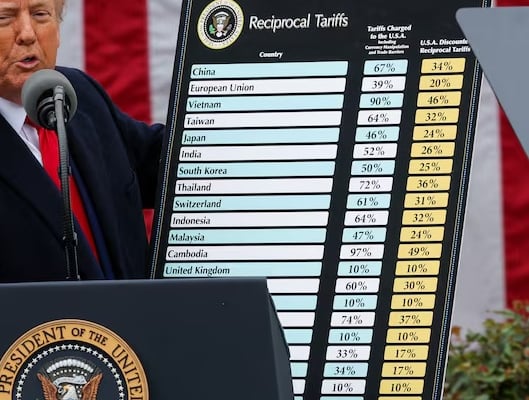
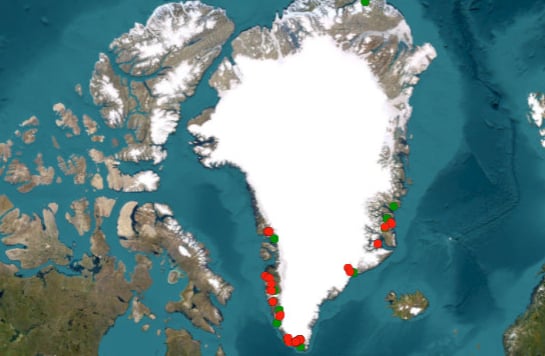
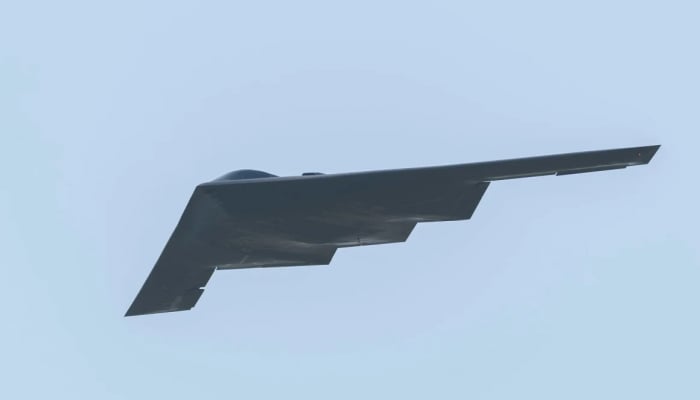
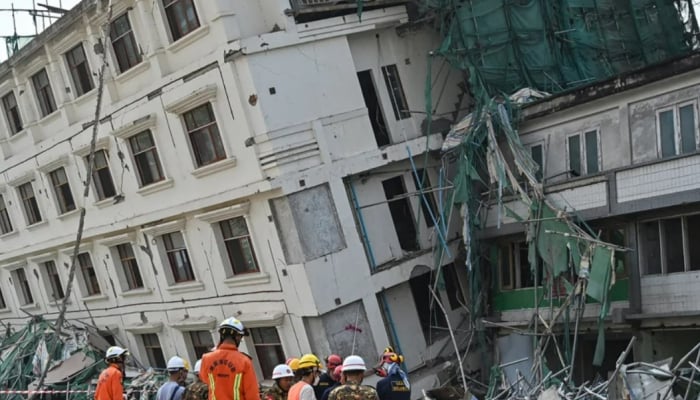











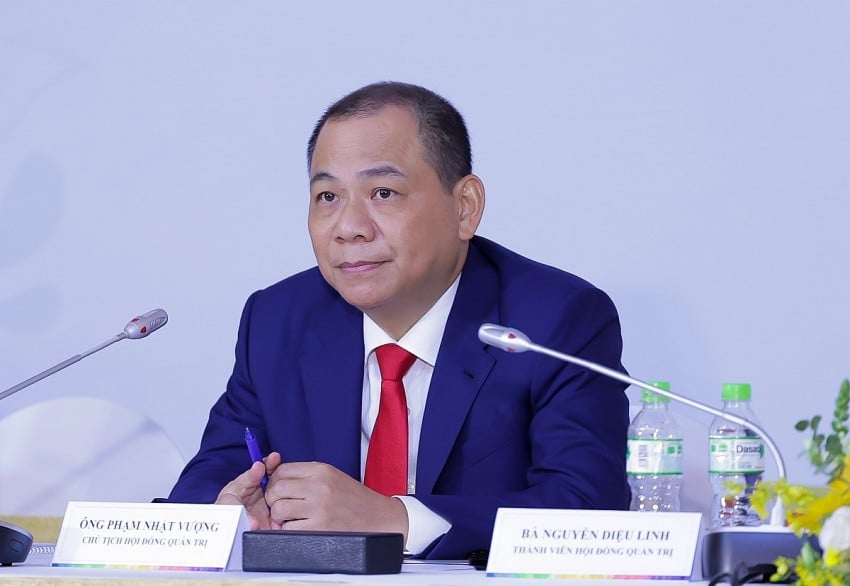





























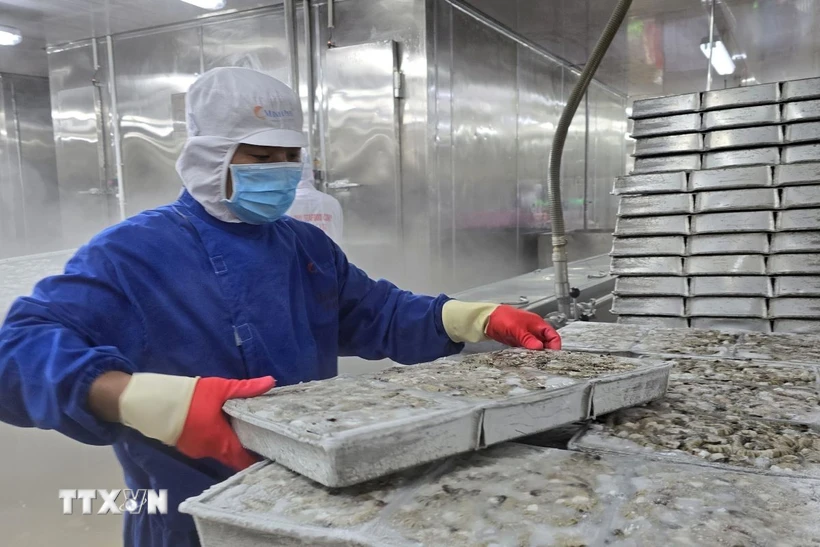

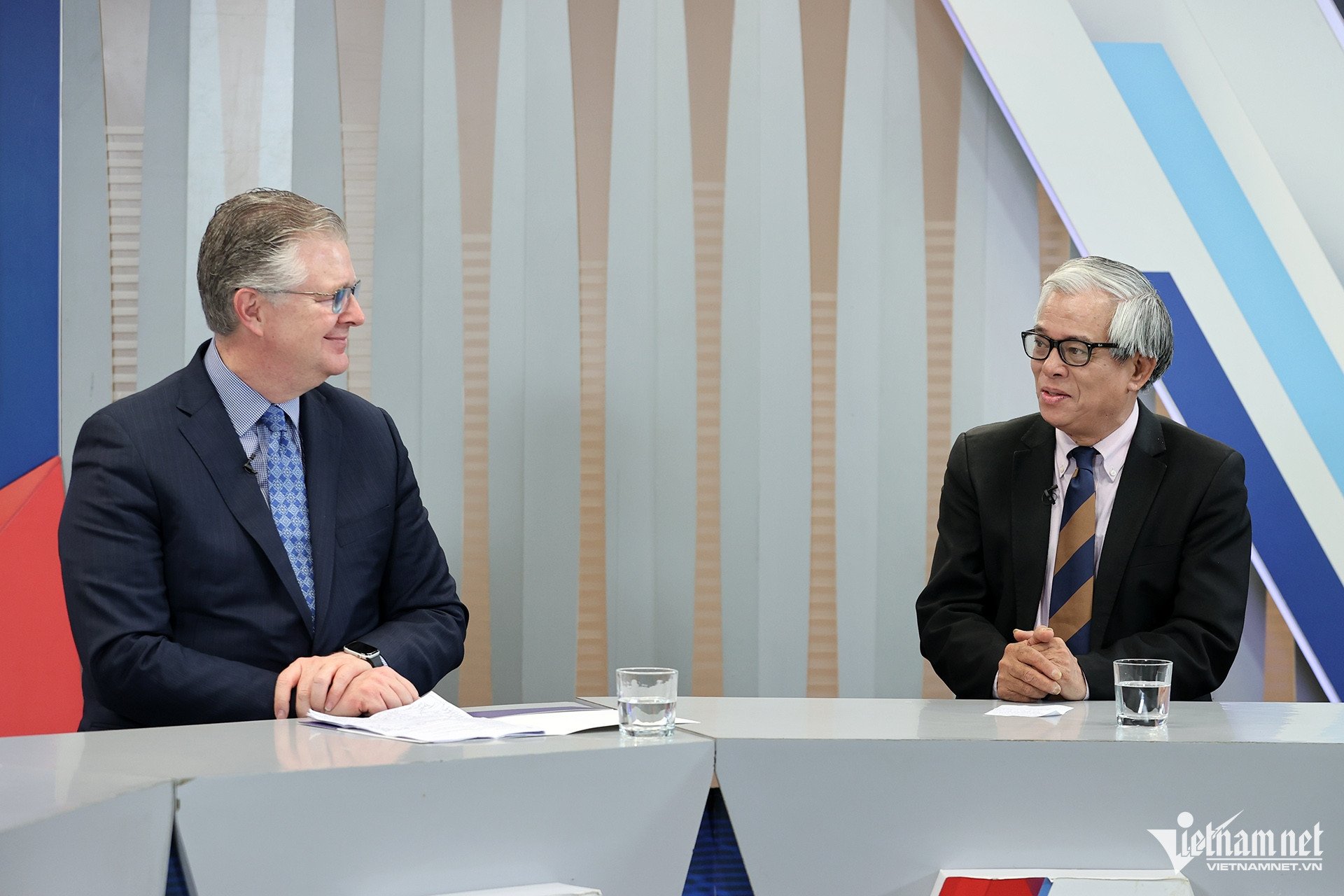


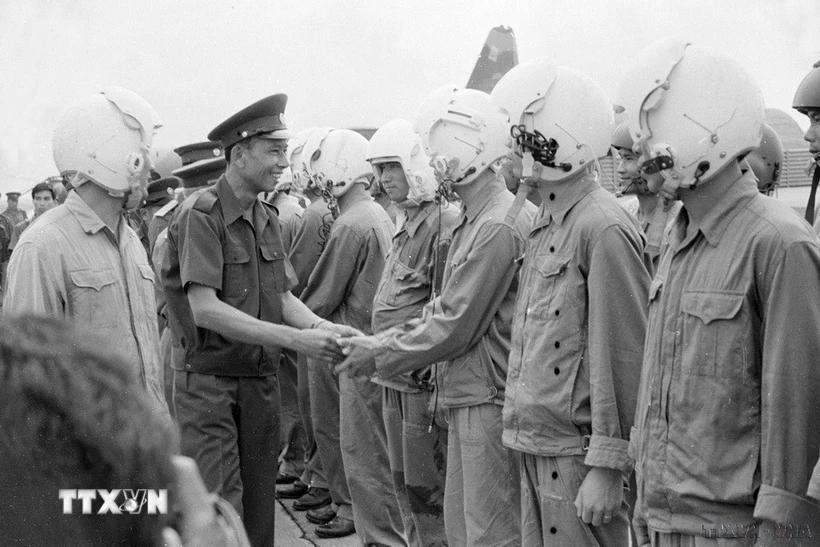










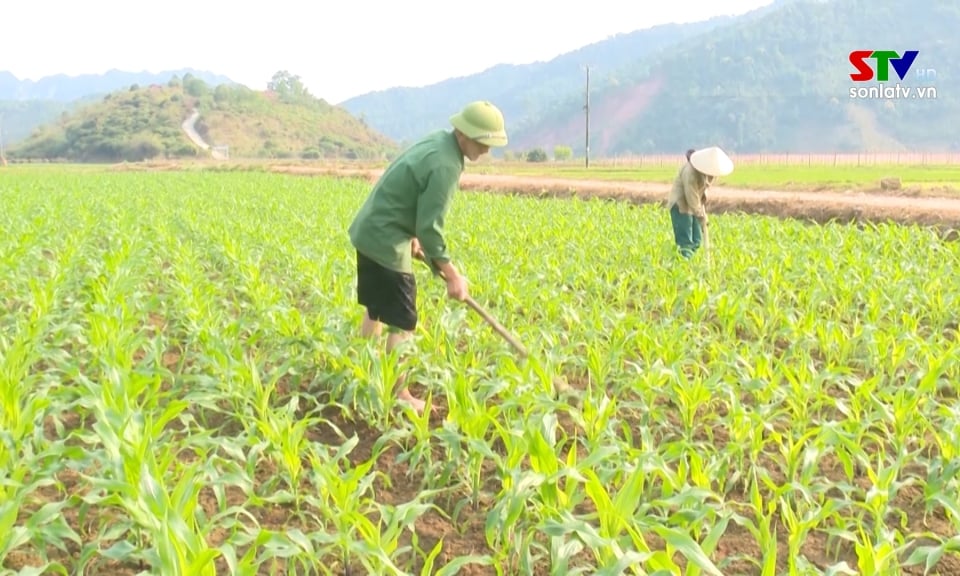

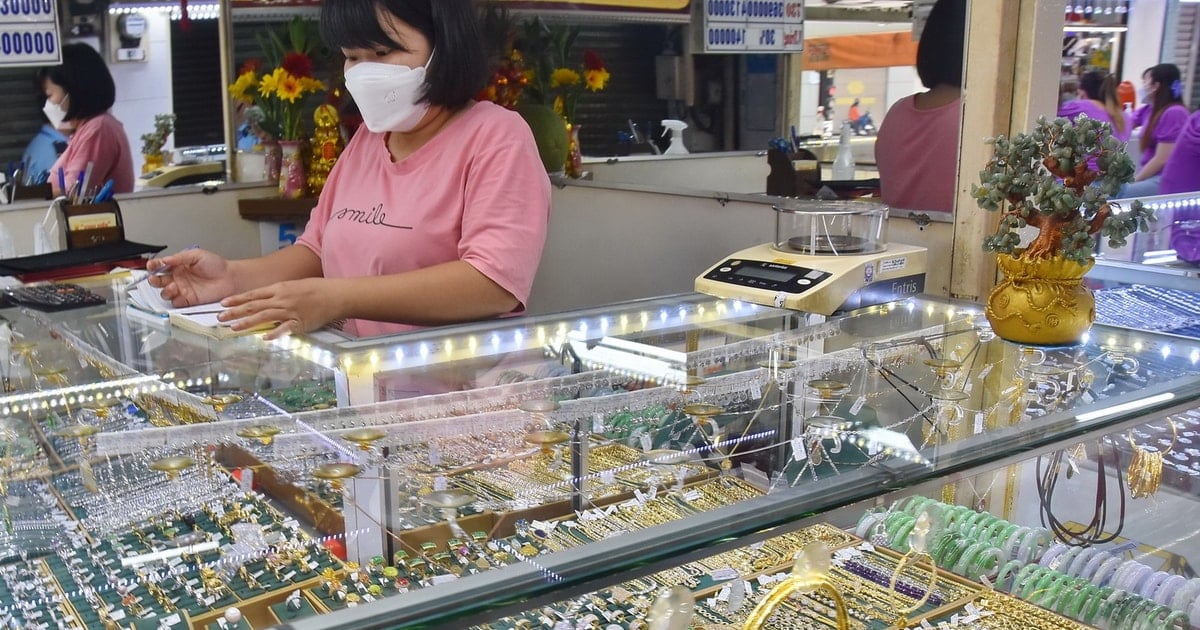





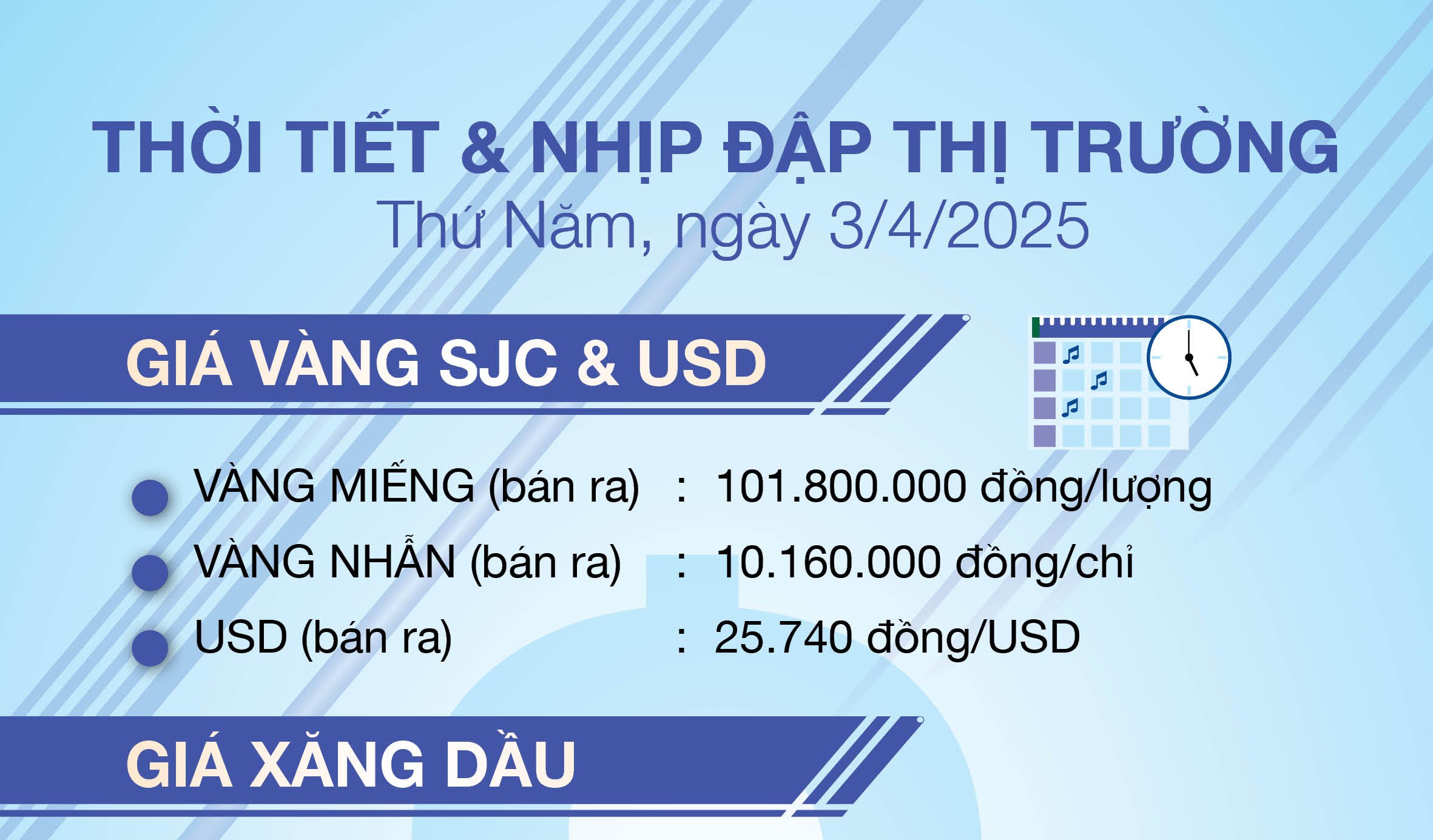













Comment (0)